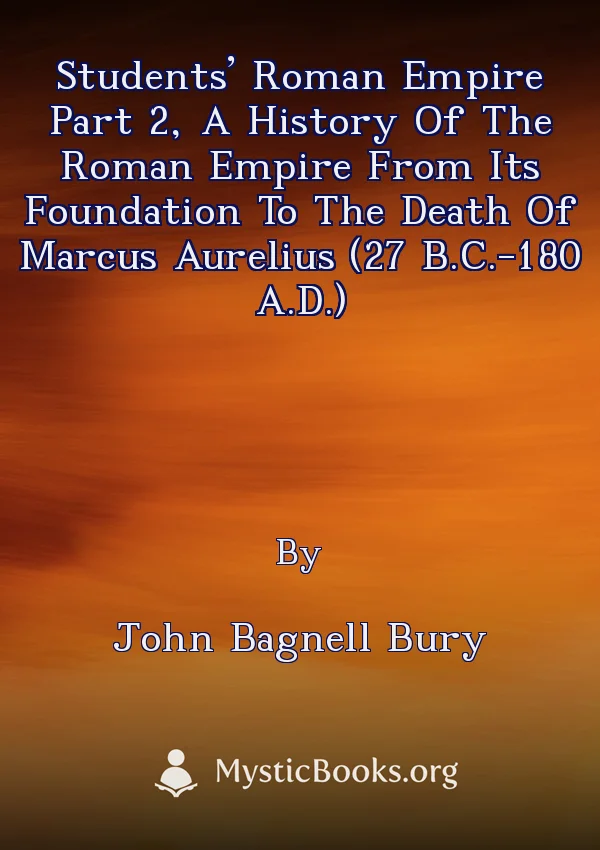
Students’ Roman Empire part 2, A History of the Roman Empire from Its Foundation to the Death of Marcus Aurelius (27 B.C.-180 A.D.)
'Students’ Roman Empire part 2, A History of the Roman Empire from Its Foundation to the Death of Marcus Aurelius (27 B.C.-180 A.D.)' Summary
John Bagnell Bury's 'Students’ Roman Empire part 2' offers a detailed historical account of the Roman Empire from its inception under Augustus to the death of Marcus Aurelius. It covers a pivotal period in Roman history, encompassing the transition from the Republic to the Empire, the establishment of Pax Romana, and the reigns of various emperors, including the Julio-Claudian and Flavian dynasties. The book provides a chronological narrative of significant events, exploring key political figures like Augustus, Tiberius, Nero, and Trajan, and analyzing their impact on the empire. It also delves into the social, economic, and cultural aspects of Roman life, including the development of Roman law, the expansion of the empire's infrastructure, and the flourishing of arts and literature. Bury's work highlights the complex factors that shaped the Roman Empire's early development, encompassing its military conquests, political intrigues, social transformations, and cultural achievements. It provides a comprehensive understanding of this formative era in Roman history, offering valuable insights into the rise and evolution of this powerful civilization.Book Details
Language
EnglishOriginal Language
Published In
Authors
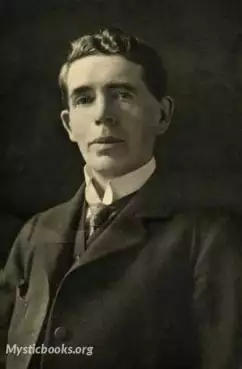
John Bagnell Bury
Ireland, Italy
John Bagnell Bury was an Anglo-Irish historian, classical scholar, Medieval Roman historian and philologist. He objected to the label "Byzantinist" explicitly in the preface to the 1889 edition of his...
Books by John Bagnell BuryDownload eBooks
Listen/Download Audiobook
- Select Speed
Related books

Spirit of Place and Other Essays by Alice Meynell
This collection of essays by Alice Meynell, a prominent English essayist and poet, delves into a wide range of subjects, showcasing her keen observati...

Current Superstitions by Fanny Bergen
Different superstitions and oral traditions past down. Many versions from different states. Most categories covered from babies, marriage, and death.

Garden Of Folly by Stephen Leacock
Stephen Leacock's *Garden of Folly* is a collection of essays that reflect the wit and insightful observations of this celebrated Canadian humorist. P...
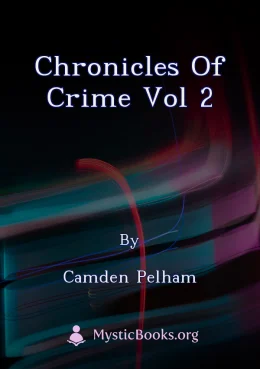
Chronicles of Crime Vol 2 by Camden Pelham
Chronicles of Crime Vol 2 is a comprehensive collection of criminal cases from 18th and 19th century Britain, compiled by Camden Pelham, a barrister-a...
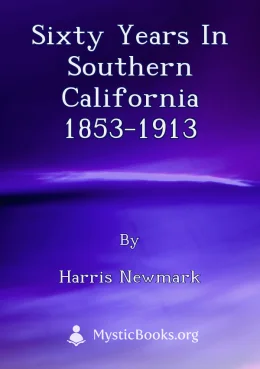
Sixty Years in Southern California 1853-1913 by Harris Newmark
Sixty Years in Southern California 1853-1913 by Harris Newmark is a fascinating and informative account of the early days of Los Angeles. Newmark, who...

The Food of the Gods: A Popular Account of Cocoa by Brandon Head
Indulge in the captivating journey of cocoa, the divine bean that has enchanted civilizations for centuries, as "The Food of the Gods: A Popular Accou...
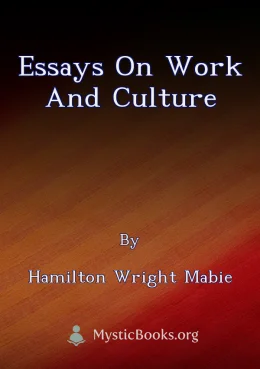
Essays on Work and Culture by Hamilton Wright Mabie
This book explores the relationship between work and culture, arguing that specialization and the focus on productivity have stifled human growth and...
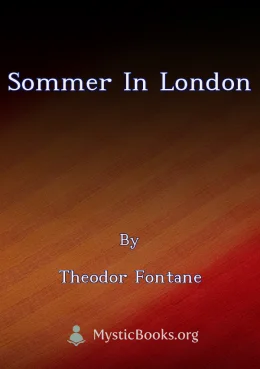
Sommer in London by Theodor Fontane
Diese 35 kurzen Reiseberichte entstanden, als Theodor Fontane 1852 zum zweiten Mal nach London reiste. Die Stadt faszinierte ihn, und sowohl die guten...

Uses of Diversity by Gilbert K. Chesterton
G.K. Chesterton's 'Uses of Diversity' is a collection of 35 essays that explore a wide range of topics, from the mundane to the profound. Chesterton's...

Natural History Volume 2 by Pliny the Elder
Pliny the Elder's Natural History is a vast and comprehensive encyclopedia of ancient knowledge, covering everything from geography and biology to min...
Reviews for Students’ Roman Empire part 2, A History of the Roman Empire from Its Foundation to the Death of Marcus Aurelius (27 B.C.-180 A.D.)
No reviews posted or approved, yet...